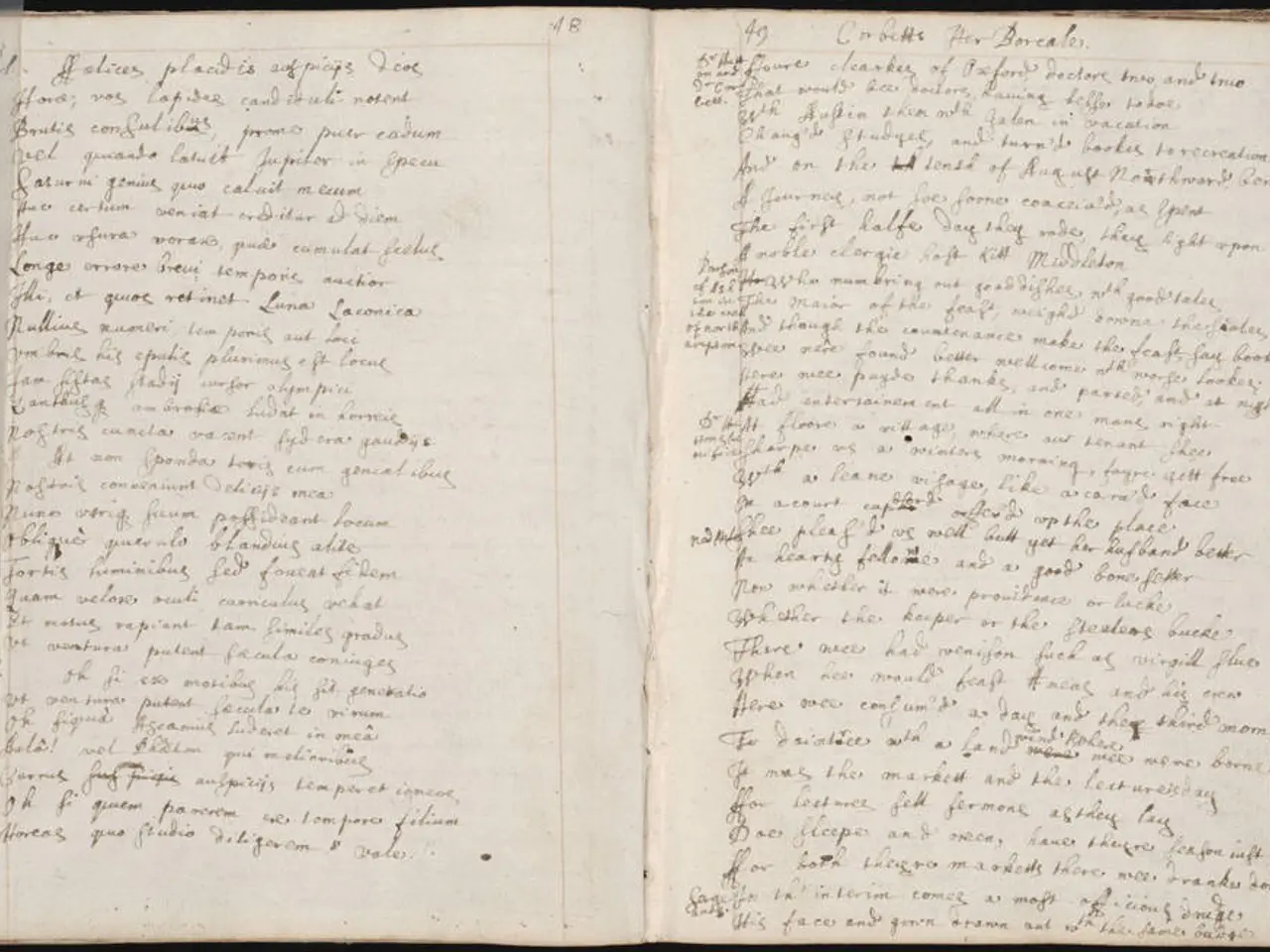Strictening the Reach of Nationwide Injunctions: US Supreme Court's Decision on Birthright Citizenship
Controversy over inheritable rights: Trump secures victory in the Supreme Court
Washington (dpa) - A recent decision by the US Supreme Court has placed limits on the extent of nationwide injunctions issued by lower courts, in a ruling related to former President Trump's controversial birthright citizenship executive order. This move marks a significant shift in the judiciary's role in overseeing the White House.
The Fine Print: Supreme Court's Verdict Breakdown
In a 6-3 decision, the Court restricted the power of individual district court judges to issue nationwide injunctions that halt federal policies nationwide. Instead, relief will be granted only to the parties directly involved in the case. To provide relief to others not part of the lawsuit, the case would need to be converted into a class action suit. This decision sets a precedent that heavily curbs the issuance of sweeping, nationwide injunctions against federal government actions [3][1].
Losing the Broad Spectrum: Impact on Lower Court Discretion
Lower courts face diminished power to impose broad, nationwide injunctions stopping federal executive policies beyond the immediate parties. This means that even if a district court finds a policy unlawful, it generally cannot prevent its enforcement nationwide unless a class action is certified or other procedural steps are taken. This narrows the scope of judicial intervention, confining judicial rulings more strictly to the parties before the court [3][1].
The Specifics: A Closer Look at the Birthright Citizenship Order
The Supreme Court's ruling affected three district court decisions from Washington, Maryland, and Massachusetts that blocked the administration's order denying birthright citizenship to children born in the U.S. to parents unlawfully or temporarily present. The Court did not weigh in on the legality of the executive order itself but focused on limiting the injunctions' reach, allowing the administration to implement the order in jurisdictions not affected by those district court injunctions [3][1][4].
Yale Law School's legal expert Judith Resnik believes that the Court's recent ruling significantly curtails the federal courts' ability to oversee the White House [2]. During Trump's first term, the Supreme Court's political makeup shifted to the right, with six conservative and three liberal justices [2]. Today's ruling fell in line with this political alignment.
Trump celebrated the victory as a "monumental victory," while Attorney General Pam Bondi sees the decision as a positive sign for the administration, as it may help to unblock Trump's policies on various issues, such as tariffs, the military, and immigration [1]. However, the narrowing of nationwide injunctions could also make it more difficult for challengers to halt potentially unconstitutional executive actions in the future.
The debate over the extent of lower court intervention has been ongoing, with some advocating for the option of nationwide injunctions as a means to prevent the implementation of clearly unconstitutional measures. Others warn against a legal patchwork, where different rules apply depending on the state. This decision by the Supreme Court takes a significant step in reshaping the relationship between the executive branch and the judiciary in the United States [2].
- The US Supreme Court's recent decision, in a 6-3 majority, has limited the power of individual district court judges to issue nationwide injunctions that halt federal policies nationwide, thereby significantly curtailing the federal courts' ability to oversee the White House, as suggested by Yale Law School's legal expert Judith Resnik.
- The Supreme Court's ruling has been interpreted as a positive sign for the administration, particularly with regards to former President Trump's policies on tariffs, the military, and immigration, as it helps to unblock these policies by limiting the scope of judicial intervention and narrowing the application of nationwide injunctions.







